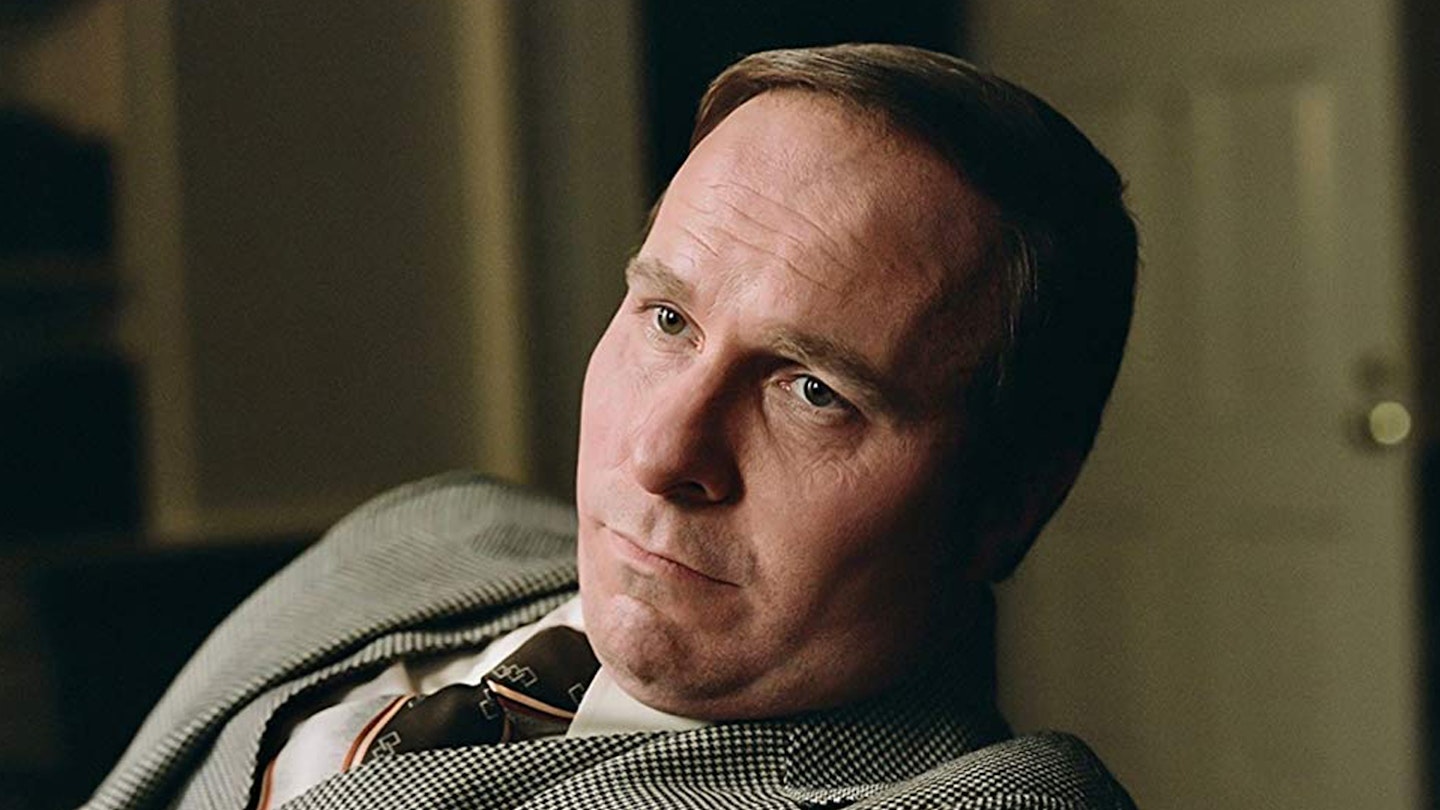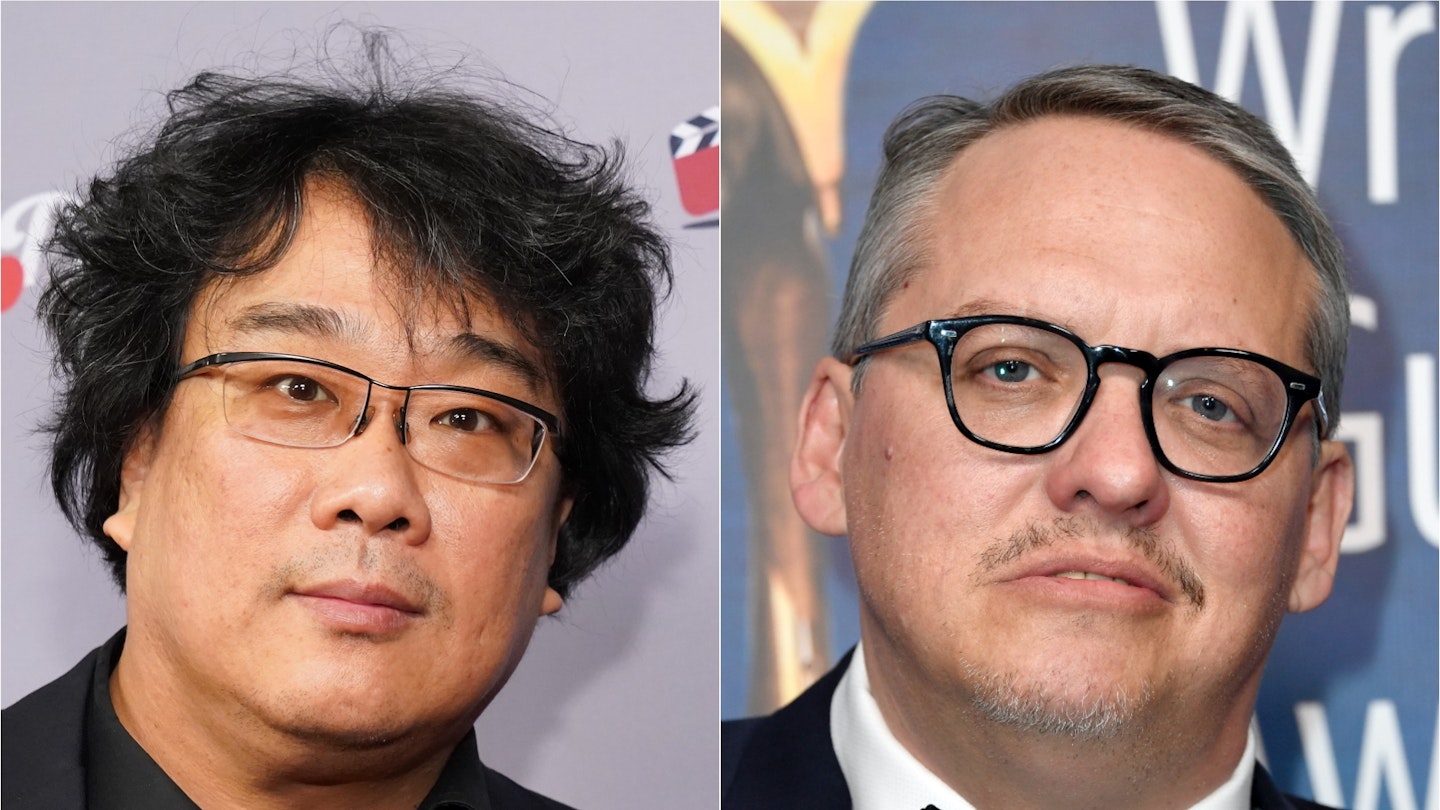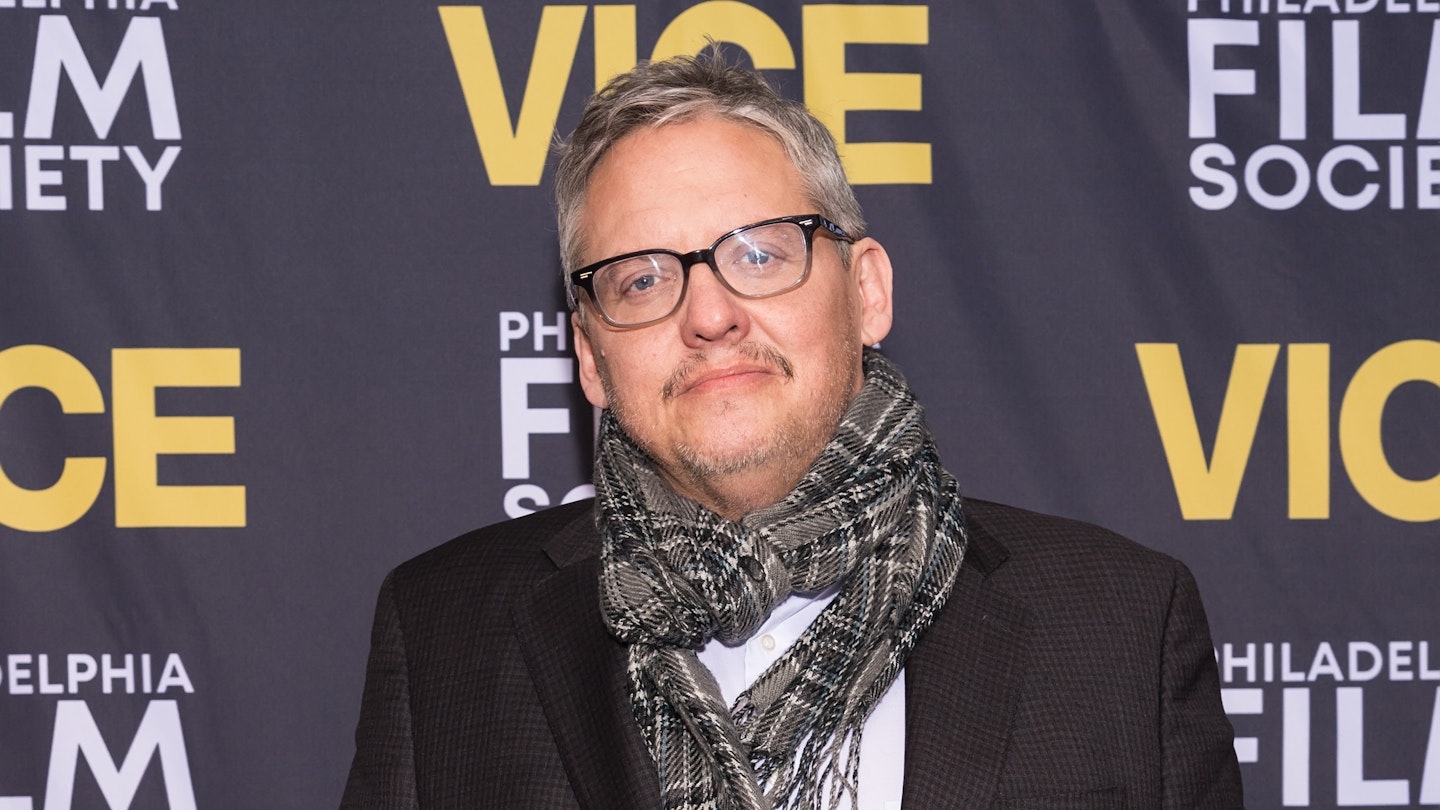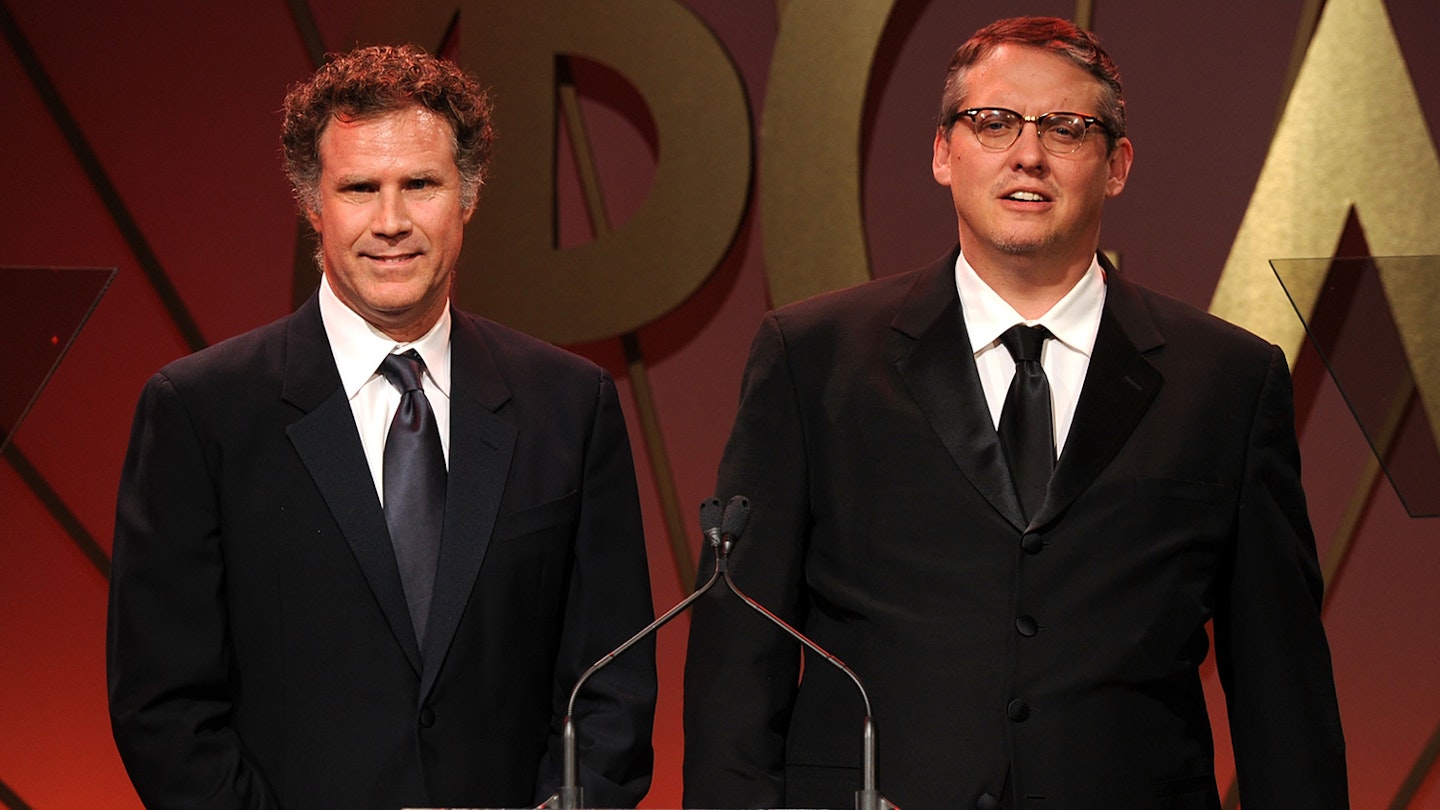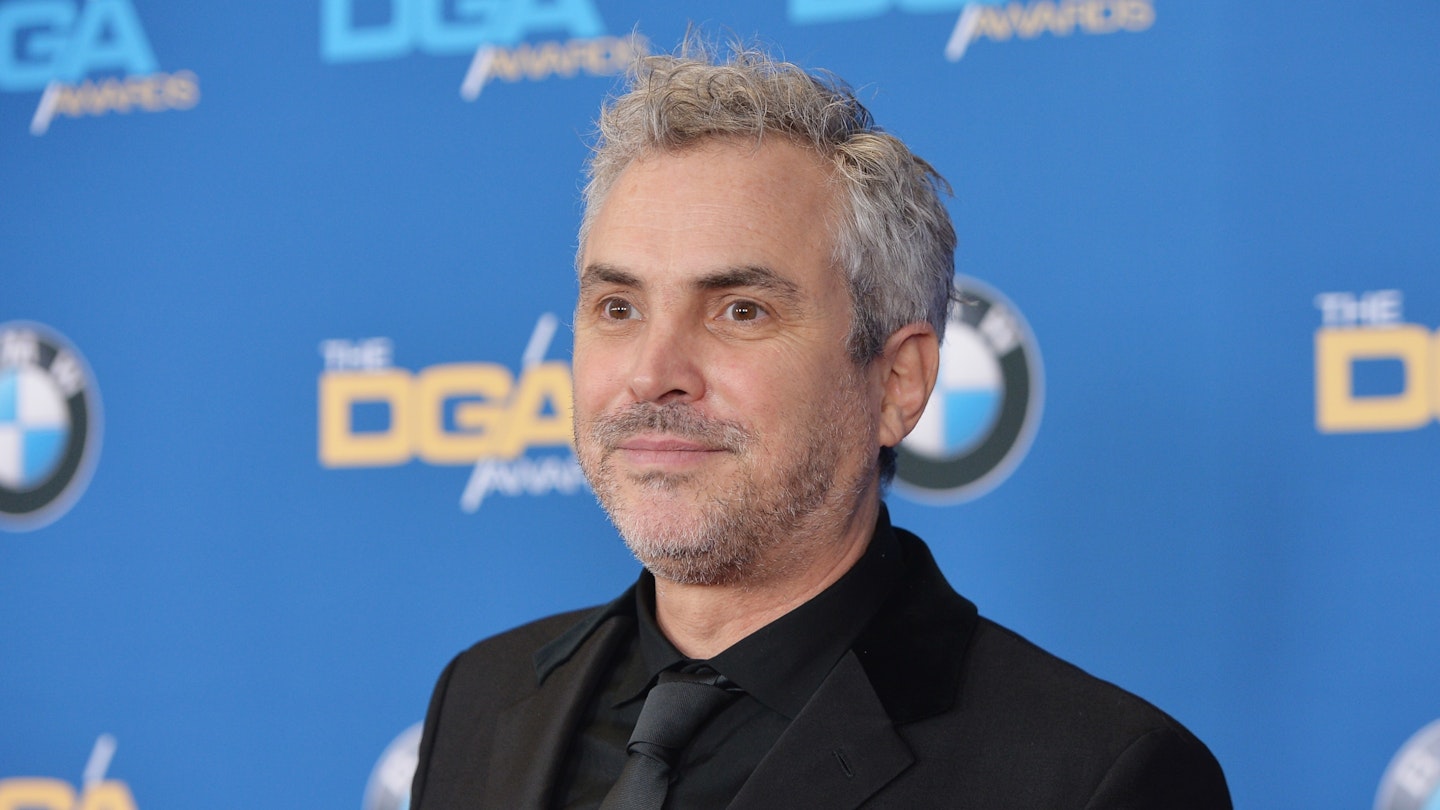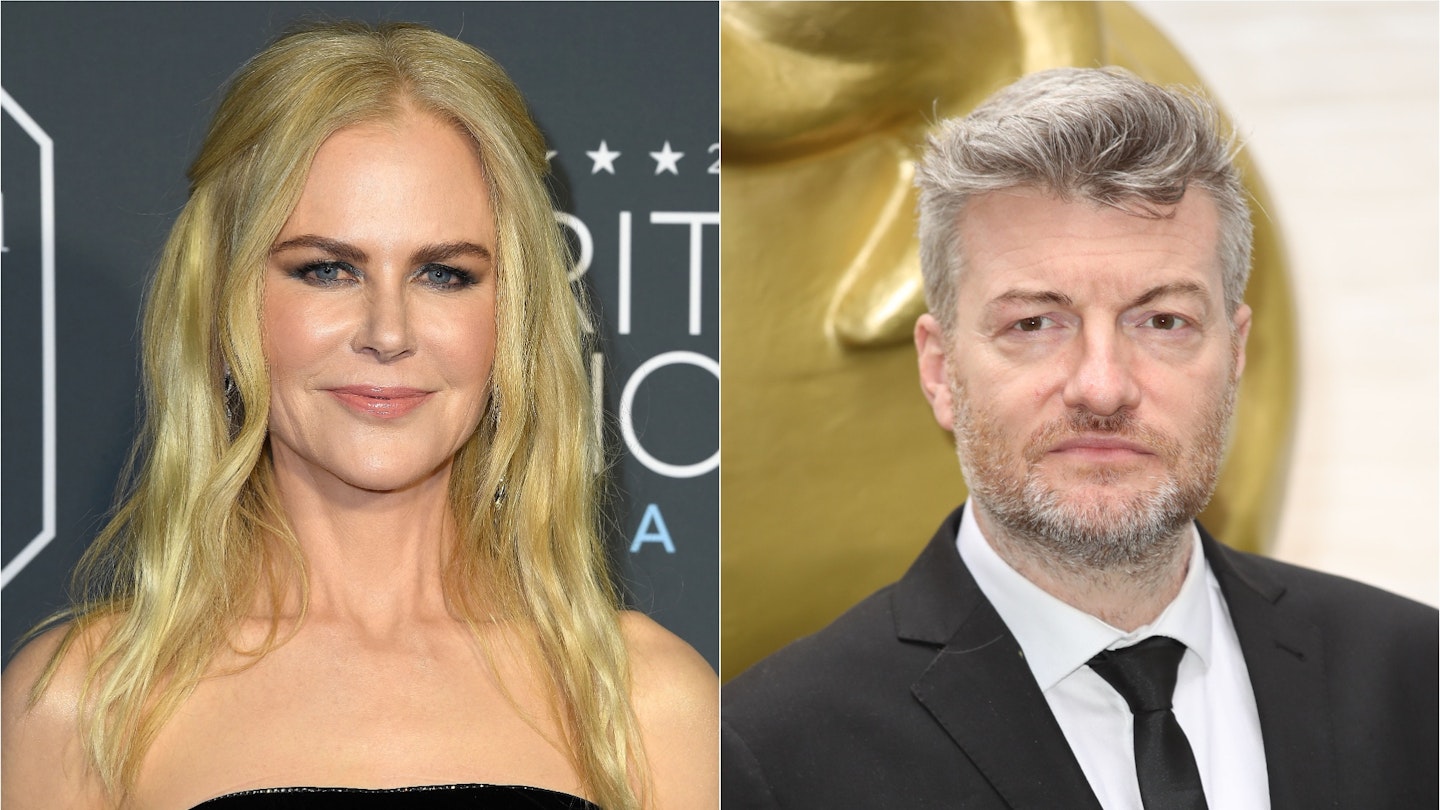Imagine beaming back to 2004 and telling your younger, thinner self that the guy who made Anchorman would go on to become one of the most interesting political filmmakers America has produced in years. His follow-up to The Big Short, Adam McKay’s Vice, with its sweep and cast of powerful people, is oddly reminiscent of Oliver Stone’s Nixon, except the tone is far more amused than that film’s operatic pomp — but in its own way just as angry.
Vice does share some of Nixon’s sprawl, though: it is focused on Dick Cheney, but also serves as a genealogy of the various mutations of the American right as it descended from cynical to genuinely ghoulish. Tellingly, at no point does any political character — and there are a lot to get your head around — talk about any issue in terms of ethics, morality, or benefitting people’s lives, with Steve Carell’s Donald Rumsfeld openly scoffing at the idea as he inducts Cheney into ’70s Washington.
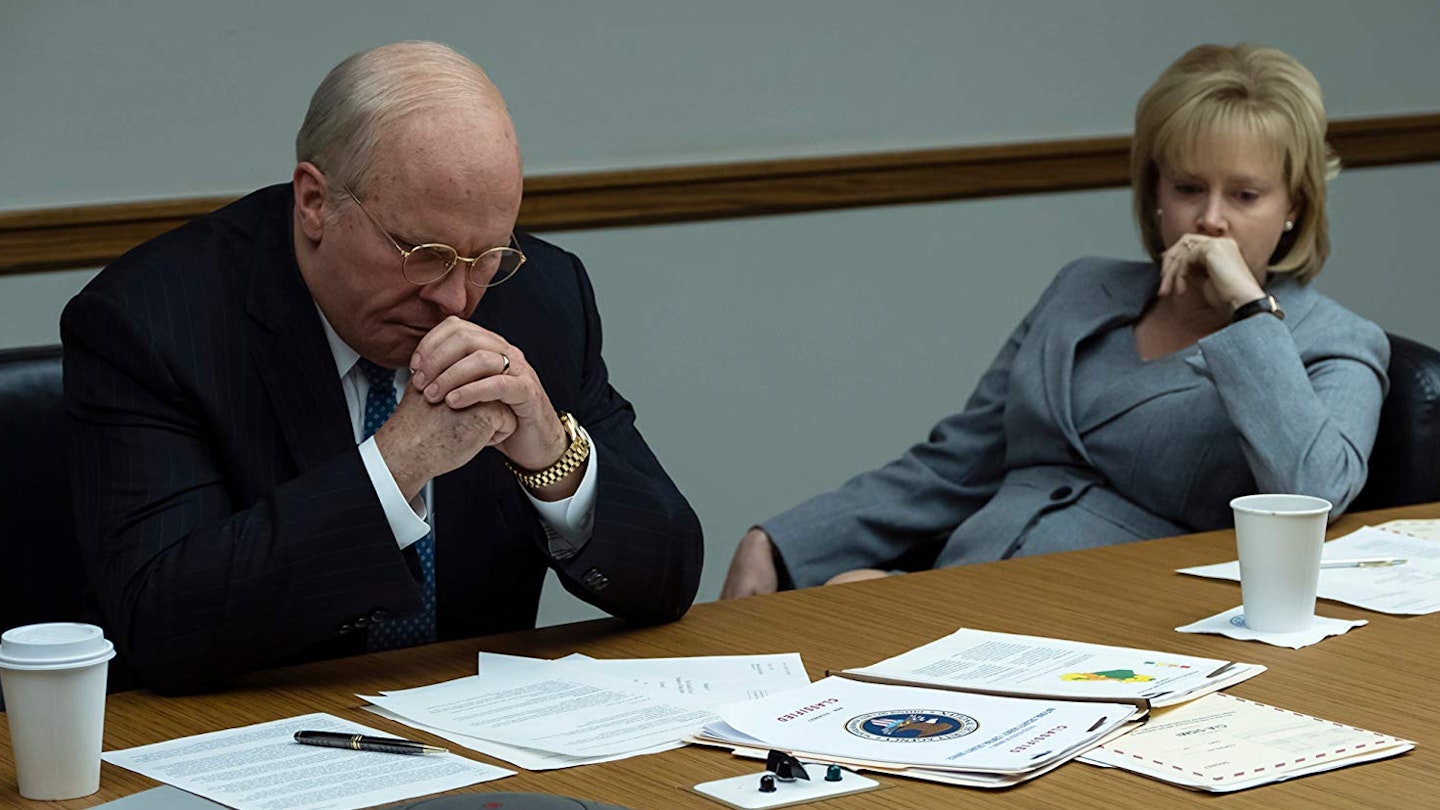
Cheney’s USP as a politician was an extreme form of cynical realpolitik and a willingness to go to, as he openly called it, the dark side. In one late-film monologue, he makes a case for this own Magnificent Bastard status, making that traditional villain’s plea that he alone had the stones to make the decisions limp liberals couldn’t. The film has the smarts to let him state his position, but also wisely chooses not to exonerate or soften a man with tens of thousands of bodies on him.
Christian Bale really is sensational here. He transforms into Cheney before your eyes.
But this is no dry piece of political analysis. Much like The Big Short, McKay plays formal games and deploys engaging performances to help the medicine go down. One mid-film gambit regarding a potential alt-timeline for Cheney is so bonkers it brings the house down, although repeated cutaways to reeling in fish as Cheney bends George W. Bush to his will do play a bit to the back row.
It’s no surprise at this point to say Christian Bale delivers a good performance, but he really is sensational here. Disappearing under make-up and a gut, and with an upper body he carefully trained to tally with the VP’s hunched silhouette, he transforms into Cheney before your eyes. It’s often too easy to hail performances like this for the perspiration more than the inspiration, but the feat Bale manages here is far more than just another body modification stunt. Nailing Cheney’s distinctive growl, he creates a man where it’s seldom clear if he has the dirty work foisted upon him, or if he seeks it out in a kind of moral martyrdom.
Amy Adams, meanwhile, equals Bale as Lynne Cheney, who’s a surprisingly compelling figure if you only know her from that namecheck in Eminem’s ‘Without Me’. In a performance very reminiscent of her turn in The Master, she easily hurdles any Republican Wife clichés and, as her husband’s career comes home in ways you might not expect, she increasingly becomes the film’s conscience — or lack thereof.
Despite Bale’s incredible work as Cheney this isn’t really a character study. Just as The Big Short was a lesson in finance disguised as a caper, Vice is a lesson in American civics disguised as a political biopic. Thanks to Donald Trump, Presidential power and its limits are big questions at the moment, and the current incumbent haunts this film like a ghost. With every venal move Cheney and his cohorts make, you can feel the whole American system lurch one step closer to the disaster it’s now mired in — and McKay gleefully suggests it deserves its current humiliation.
